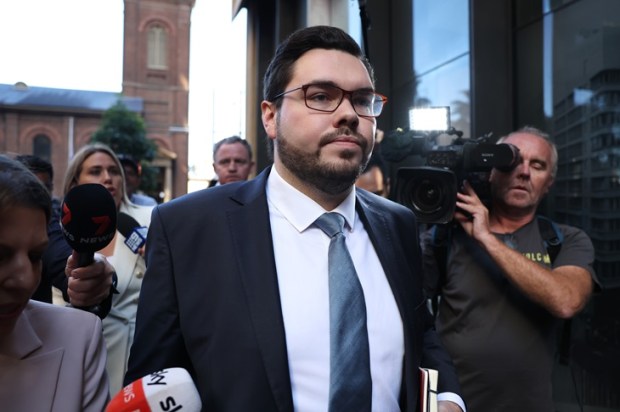Pope Francis died this morning, Easter Monday, at 7:35 am Rome time, at the age of 88.
His last public appearance was the day before to give the traditional papal Easter Urbi et Orbi (‘To the city and the world’) message, where he looked noticeably weak and spoke in a very strained voice. In fact, his health had been declining for quite some time, leading to a lengthy hospitalisation from February 14 for over seven weeks, during which he was diagnosed with double pneumonia and had mild kidney failure.
Jorge Maria Bergoglio was elected the 266th pope on March 13, 2013 in the conclave following Pope Benedict XVI sudden and unexpected resignation. Bergoglio, and Argentinian born to an Italian father, was the first pope from the Americas and selected the name Francis based on his stated concern for the poor in homage to St Francis of Assisi. However, his pontificate was one of contradictions, during which he showed more concern for departure from Catholic teaching and an embrace for secular causes such as climate change. He removed many of his predecessor’s appointments in the Vatican curia and replaced them with prelates who were opponents of Church teaching on abortion and LGBT issues. He widely criticised, even ridiculed, those Catholics – most of them under the age of 40 – who preferred the Traditional Latin Mass, restricting its use severely. His secret deal with the Chinese Communist Party, allowing it a say in the appointment of bishops in that country, was a diplomatic disaster, and declarations of ‘zero tolerance’ for clergy sexual abuse was undermined by his reported involvement in the cover-up of a number of high-profile cases, discussed by this correspondent in these pages.
As Catholics, we pray for the repose of the soul of Pope Francis, and for the cardinals in the next conclave who are to elect a new pope.

























